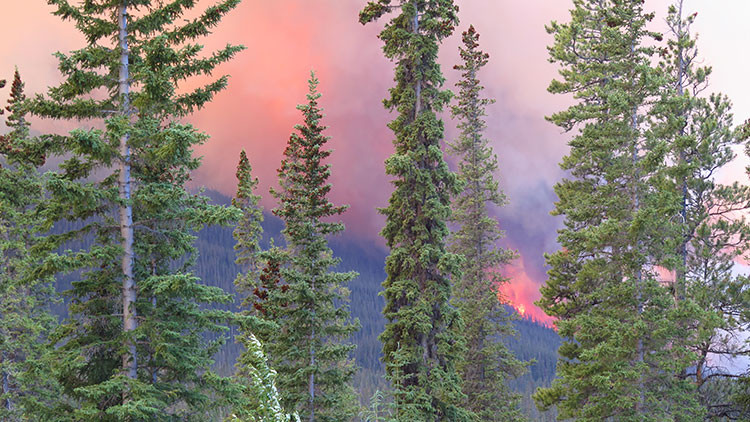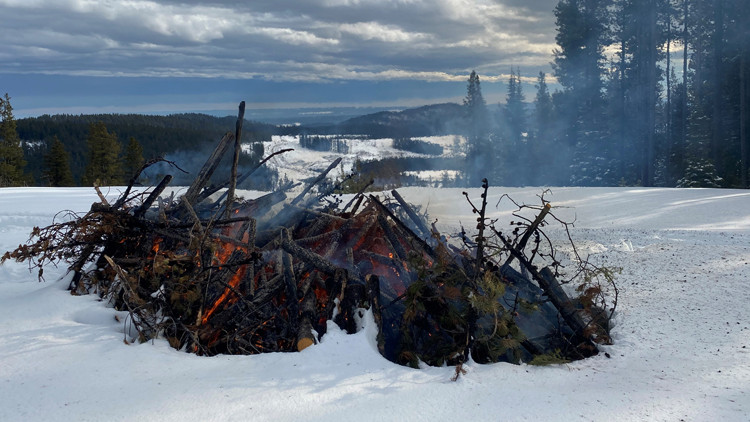Government mail service may be affected by the Canada Post labour disruption. Learn about how critical government mail will be handled.
Call 310-FIRE (3473) to report a wildfire in a forested area.
Introduction
Alberta is responsible for the prevention, detection and suppression of wildfires in the province’s Forest Protection Area. Alberta Wildfire uses all available tools and technology to assess wildfire risk, predict where wildfires may start and respond quickly to protect forests, infrastructure and communities.
See wildfire status for a current interactive map of active wildfires, danger ratings and more.
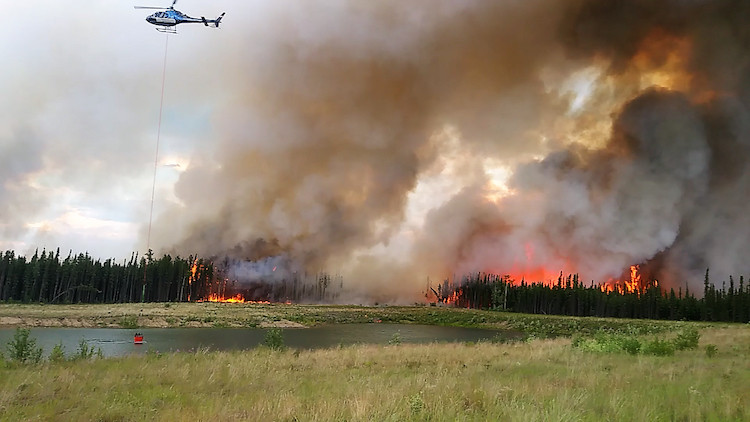
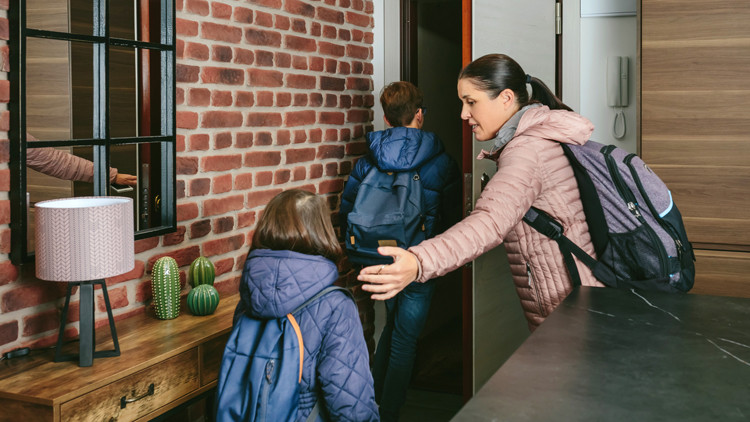
Emergency information
Find evacuation information for current emergencies, including travel advisories and financial support.
In focus

From working on the fireline to helping wildfire prevention efforts, find seasonal job opportunities with Alberta Wildfire.
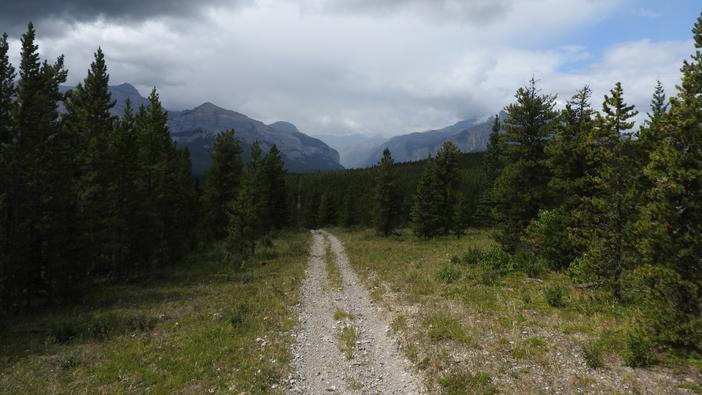
How to safely operate off-highway vehicles so they do not cause wildfires.
Alerts and advisories
Follow us on social
Contact
Information line: 1-866-394-3473 (FYI-FIRE)
Media inquiries: 780-420-1968
Email: [email protected]
Download the Alberta Wildfire Status app to your mobile device:
